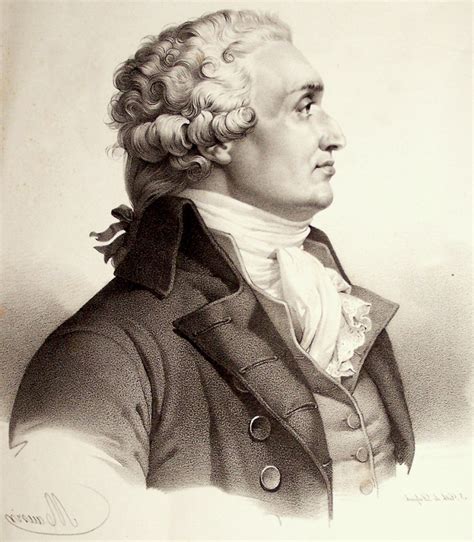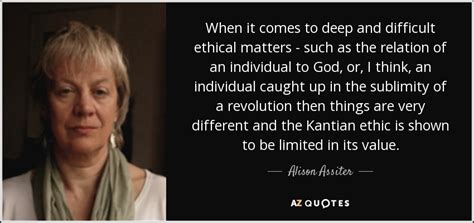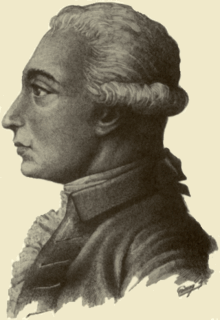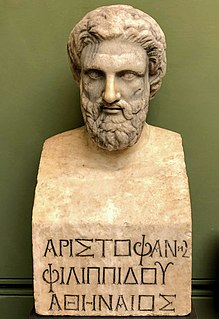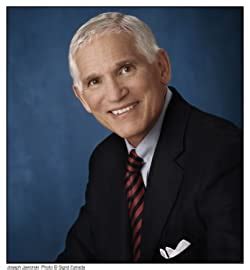A Quote by Sri Aurobindo
Terrorism thrives on administrative violence and injustice; that is the only atmosphere in which it can thrive and grow. It sometimes follows the example of indiscriminate violence from above; it sometimes, though very rarely, sets it from below. But the power above which follows the example from below is on the way to committing suicide.
Related Quotes
The penalty of death is the only one that makes an injustice absolutely irreparable; from which it follows that the existence of the death penalty implies that one is exposed to committing an irreparable injustice; from which it follows that it is unjust to establish it. This reasoning appears to us to have the force of a demonstration.
From a political perspective, it is important to uphold certain universal principles so that, for example, you can condemn both Islamist forms of violence and injustice as well as forms of violence and injustice from other groups - some superpowers, for example, or the English Defence League, as other examples.
Some people draw a comforting distinction between force and violence. I refuse to cloud the issue by such word-play. The power which establishes a state is violence; the power which maintains it is violence; the power which eventually overthrows it is violence. Call an elephant a rabbit only if it gives you comfort to feel that you are about to be trampled to death by a rabbit.
All violence is injustice. Responding to violence with violence is injustice, not only to the other person but also to oneself. Responding to violence with violence resolves nothing; it only escalates violence, anger and hatred. It is only with compassion that we can embrace and disintegrate violence. This is true in relationships between individuals as well as in relationships between nations.
People of peace, men and women of desire, such is the splendor of the Temple in which you will one day have the right to take your place. Such privilege should astonish you less, however, than your ability to commence building it down here, your ability, in fact, to adorn it at every moment of your existence. Remember the saying 'as above, so below', and contribute to this by making 'as below, so above'.
I will not tire of declaring that if we really want an effective end to violence we must remove the violence that lies at the root of all violence: structural violence, social injustice, exclusion of citizens from the management of the country, repression. All this is what constitutes the primal cause, from which the rest flows naturally.
The distribution of tasks among the various employees follows a simple rule, which is that the duty of the members of each category is to do as much work as they possibly can, so that only a small part of that work need be passed to the category above. This means that the clerks are obliged to work without cease from morning to night, whereas the senior clerks do so only now and then, the deputies very rarely, and the Registrar almost never.
You cannot stay on the summit forever; you have to come down... So why bother in the first place? Just this: What is above knows what is below, but what is below does not know what is above. In climbing, take careful note of the difficulties along your way; for as you go up , you can observe them. Coming down, you will no longer see them, but you will know they are there if you have observed them well.

